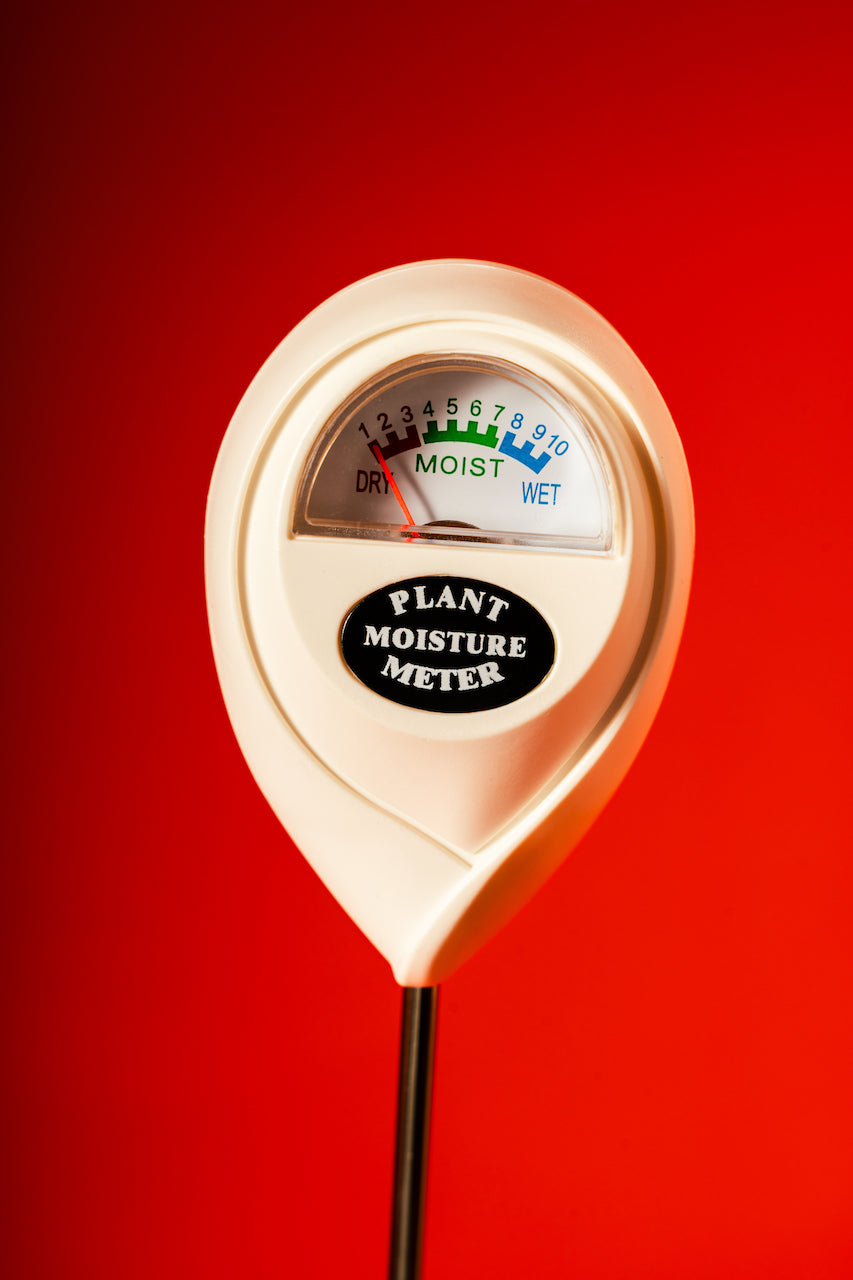The Ultimate Overview to Wetness Meters: A Comprehensive Overview and Exactly How They Can Save You Money
Wetness meters serve as vital devices in identifying and keeping an eye on moisture content in products, assisting in avoiding expensive damages and making certain the top quality of items. Recognizing the nuances of different types of wetness meters, their applications, and the potential cost-saving benefits they use can be a game-changer for organizations and experts alike.
Kinds Of Dampness Meters
One usual type is the pin-type dampness meter, which measures the electrical resistance between 2 pins placed into a product. Pinless moisture meters, on the other hand, use electro-magnetic sensor plates to scan a larger location without creating damages to the product's surface.

Additionally, there are additionally specialized wetness meters developed for particular products like hay, soil, or grain. These meters supply exact wetness analyses customized to the one-of-a-kind properties of the product being tested. Infrared dampness meters gauge the thermal residential properties of a material to identify its moisture material non-invasively, making them valuable for applications where pin or pinless meters might not appropriate. Understanding the various types of wetness meters offered can aid sectors pick the most ideal tool for their particular wetness dimension needs.

Benefits of Utilizing Wetness Meters
Wetness meters provide important benefits in properly keeping track of and analyzing wetness levels in varied products and environments. One of the key benefits of making use of moisture meters is the avoidance of potential damage caused by excess wetness.
Additionally, making use of wetness meters can result in raised energy performance. By identifying areas with high wetness degrees, such as leaks or inadequate insulation, modifications can be made to boost power preservation and lower energy costs. In agricultural setups, moisture meters play a vital duty in enhancing plant yields by enabling farmers to monitor dirt dampness degrees and make educated watering decisions. Generally, the advantages of using moisture meters span across different sectors, providing affordable options and advertising better quality assurance methods.
Exactly How to Select the Right Moisture Meter
When choosing a moisture meter, it's vital to ensure that the meter is appropriate for the details material you will be testing. Various materials have varying electric properties that can affect dampness readings, so selecting a meter designed for your material is crucial for precise outcomes. By thoroughly assessing these elements, you can select a moisture meter that meets your needs and supplies accurate dampness dimensions for your tasks.
Appropriate Techniques for Wetness Meter Use

Expense Savings With Moisture Meter Applications
Exactly how can the calculated application of dampness meters lead to substantial price financial savings across various industries? In the agriculture sector, moisture meters aid in establishing the optimum time for gathering plants, protecting against over-drying or excess dampness that can impact the last item's top quality.
Similarly, in construction, dampness meters help protect against costly problems by spotting dampness degrees in structure materials, such as wood or concrete, which can bring about structural problems if not dealt with immediately. By determining trouble areas beforehand, specialists can take rehabilitative measures to stay clear of substantial repair services or substitutes, eventually saving time and money.
Additionally, in the food processing market, moisture meters are important for keeping track of product top quality and making certain compliance with security guidelines. By accurately determining wetness web content in food, makers can prevent wasting, keep freshness, and minimize waste, causing view significant expense financial savings. On the whole, the tactical application of wetness meters is a useful investment that can bring about considerable cost reductions and enhanced effectiveness throughout various sectors.
Conclusion
In verdict, dampness meters are valuable devices for identifying and measuring dampness degrees in various products. By using the right moisture meter and adhering to correct methods, customers can efficiently avoid pricey damages created by excess moisture.
Dampness meters serve as essential devices in spotting and monitoring moisture content in materials, aiding in preventing expensive problems and making certain the top quality of items. Infrared dampness meters determine the thermal residential or commercial properties of a product to identify its wetness web content non-invasively, making them helpful for applications where pin or pinless meters may not be ideal.Dampness meters offer important benefits in accurately examining and keeping track of wetness degrees in diverse products visit this page and settings. In farming settings, wetness meters play a critical duty in optimizing crop returns by allowing farmers to keep track of dirt moisture degrees and make notified watering choices.In final thought, moisture meters are useful tools for determining and identifying dampness degrees in numerous materials.